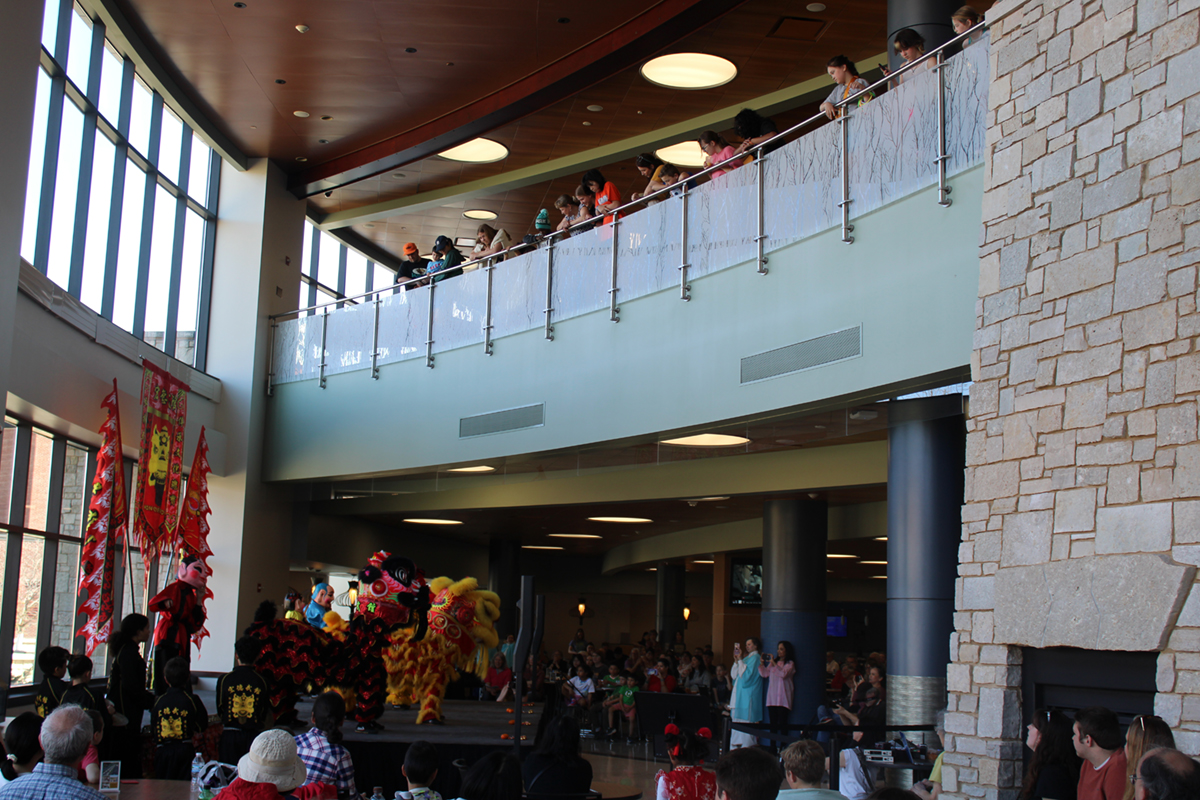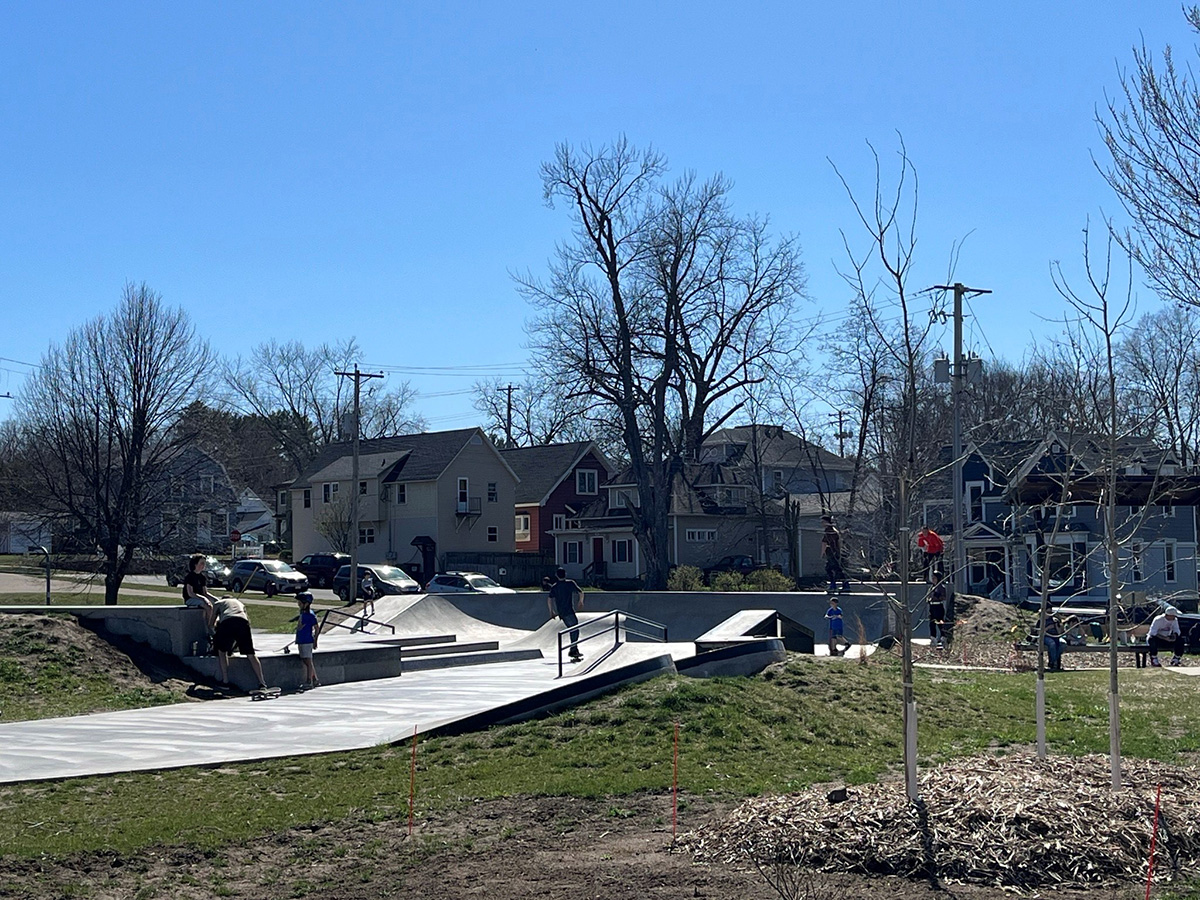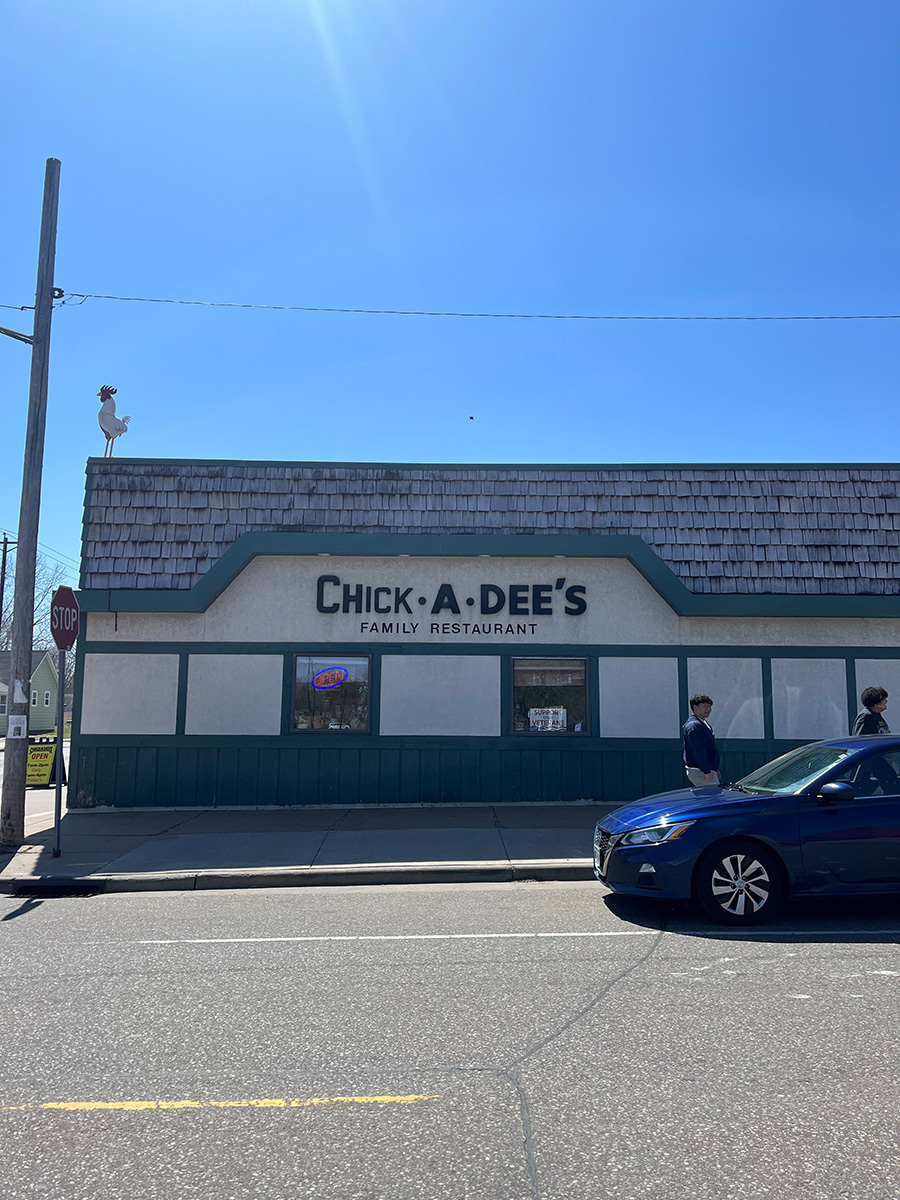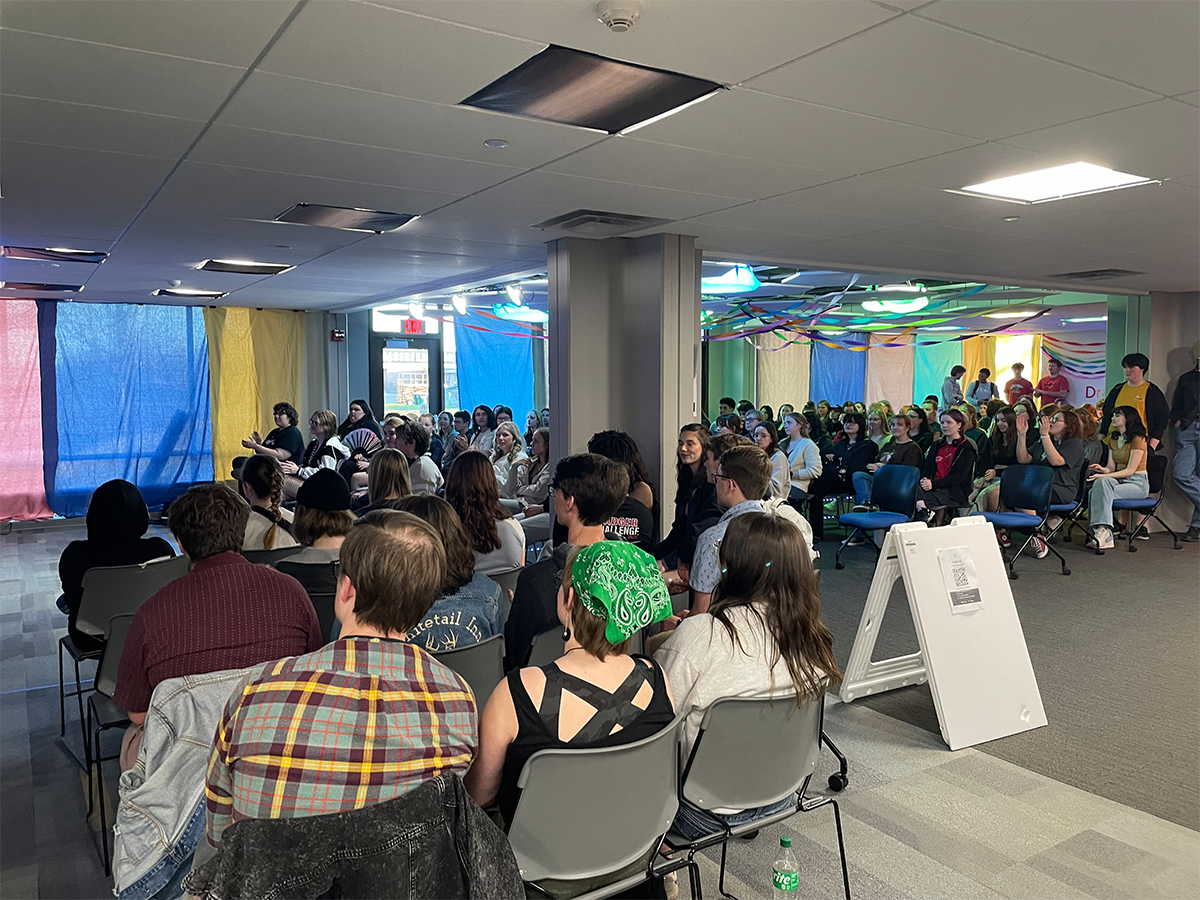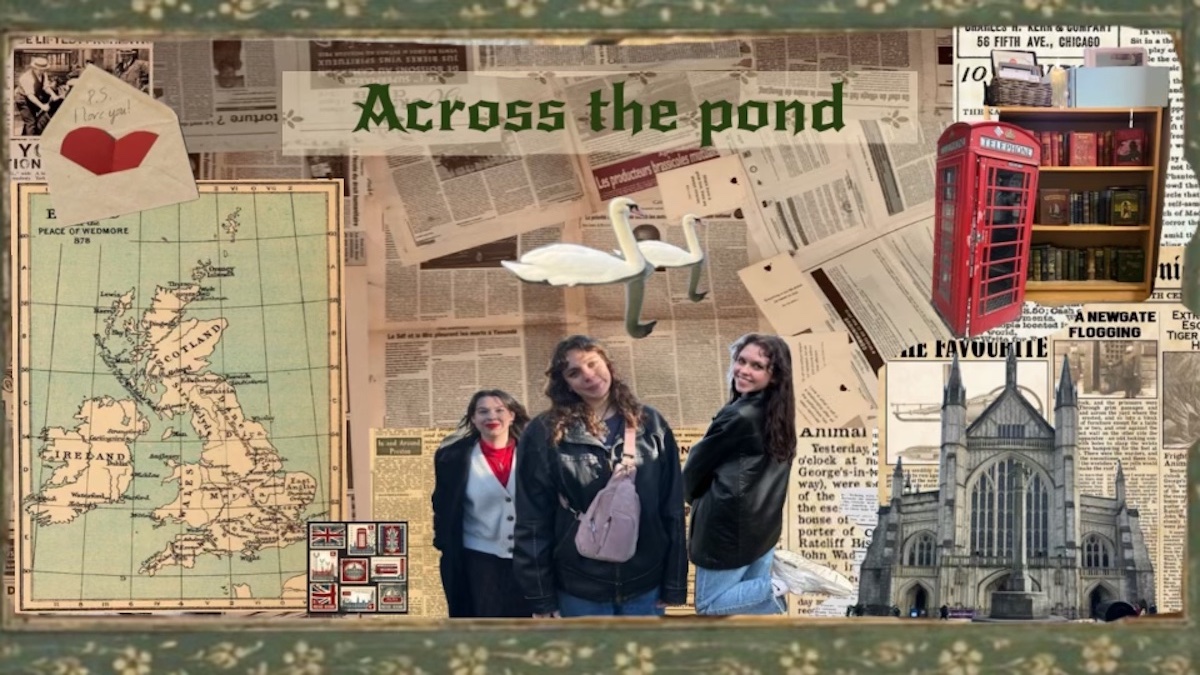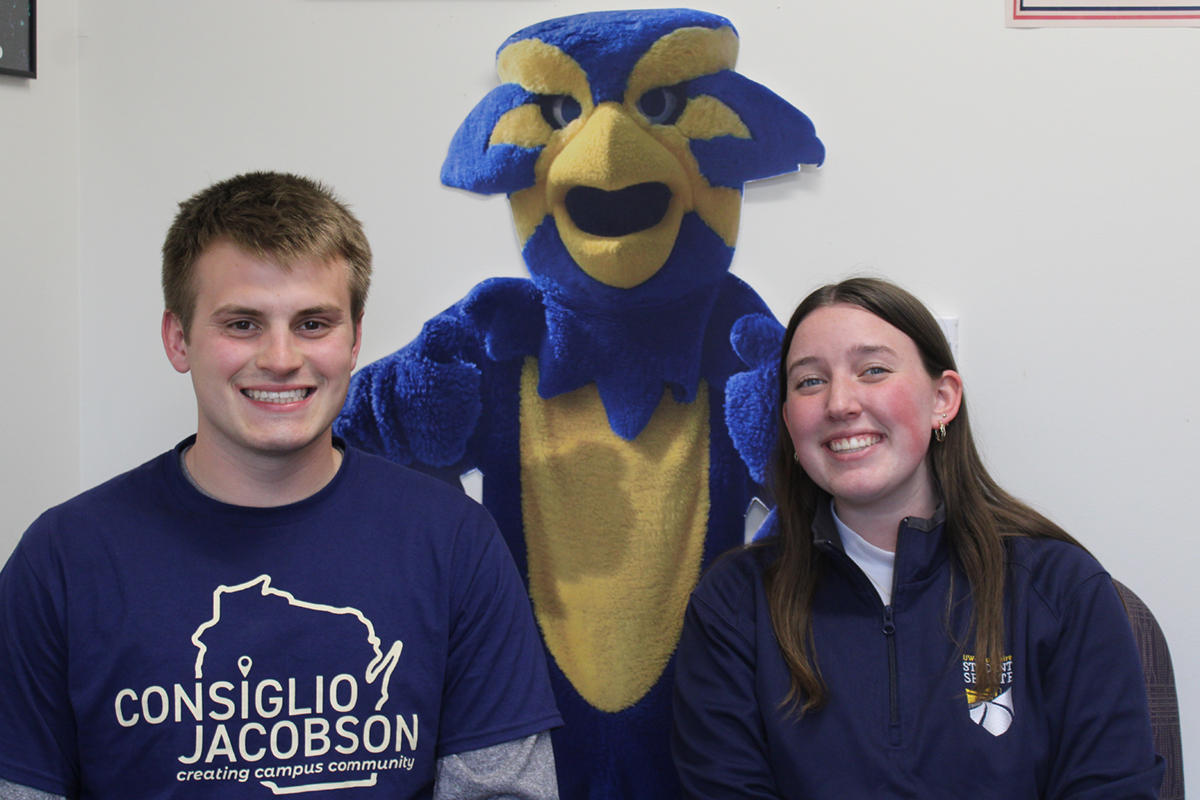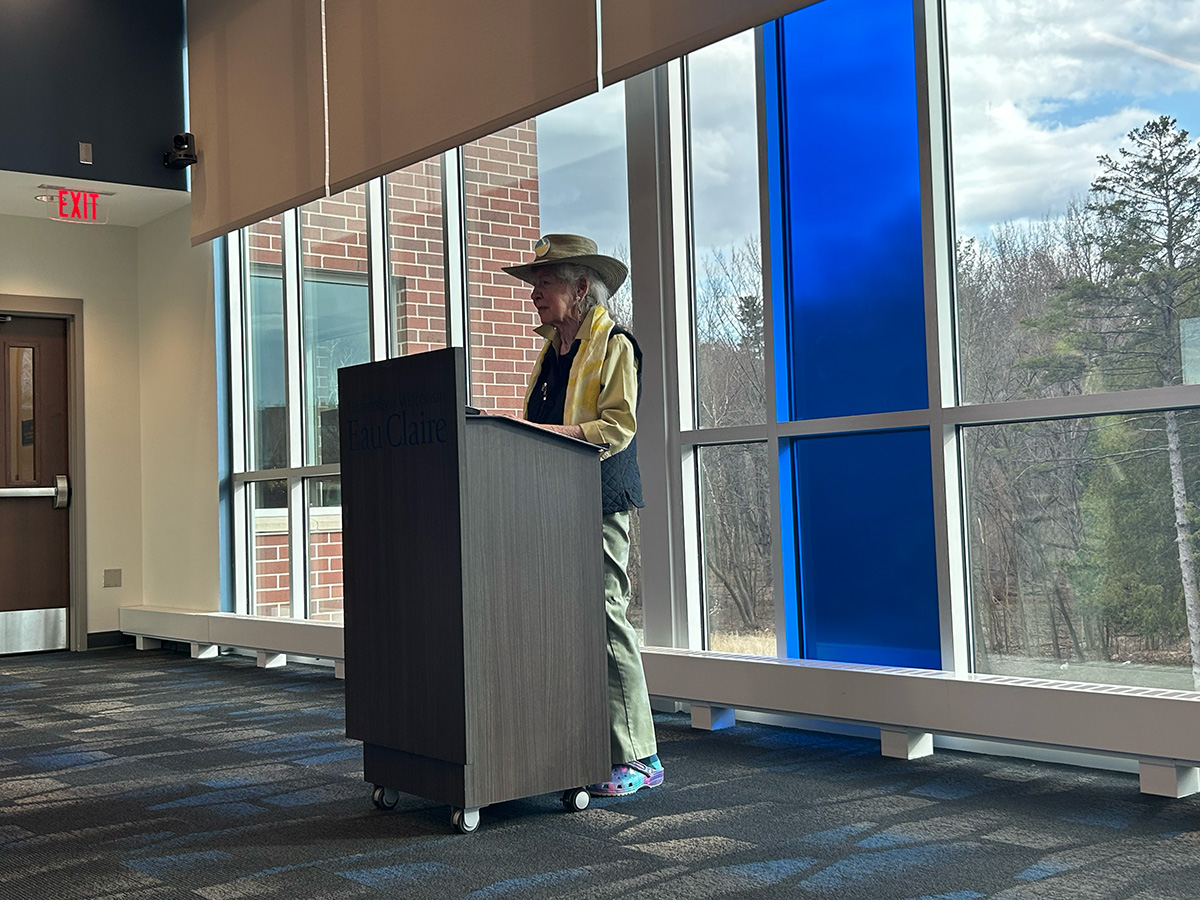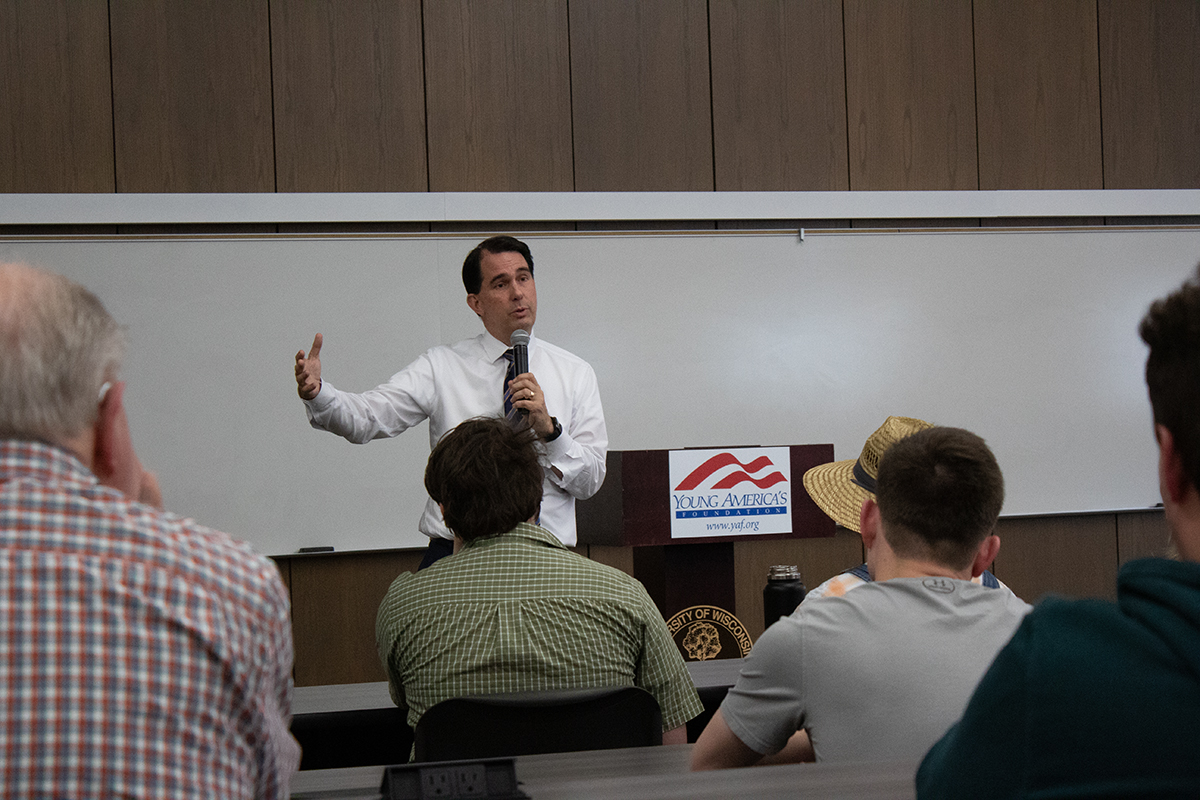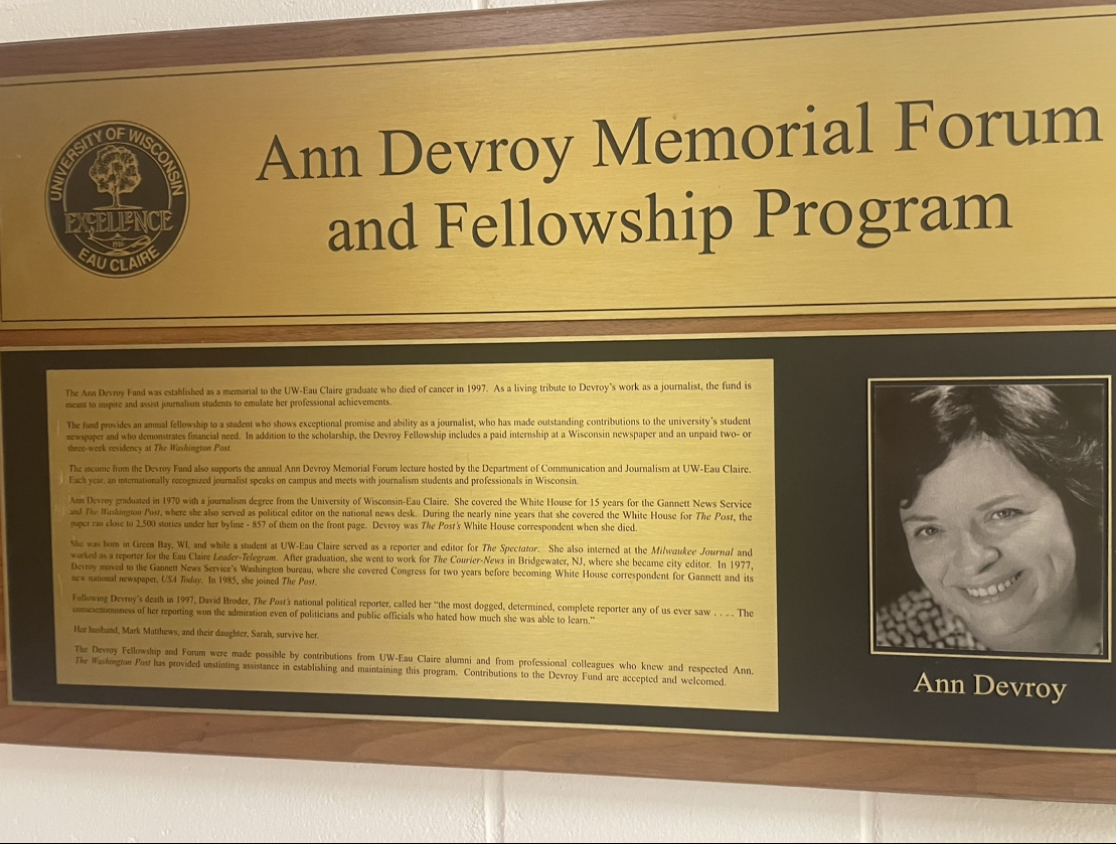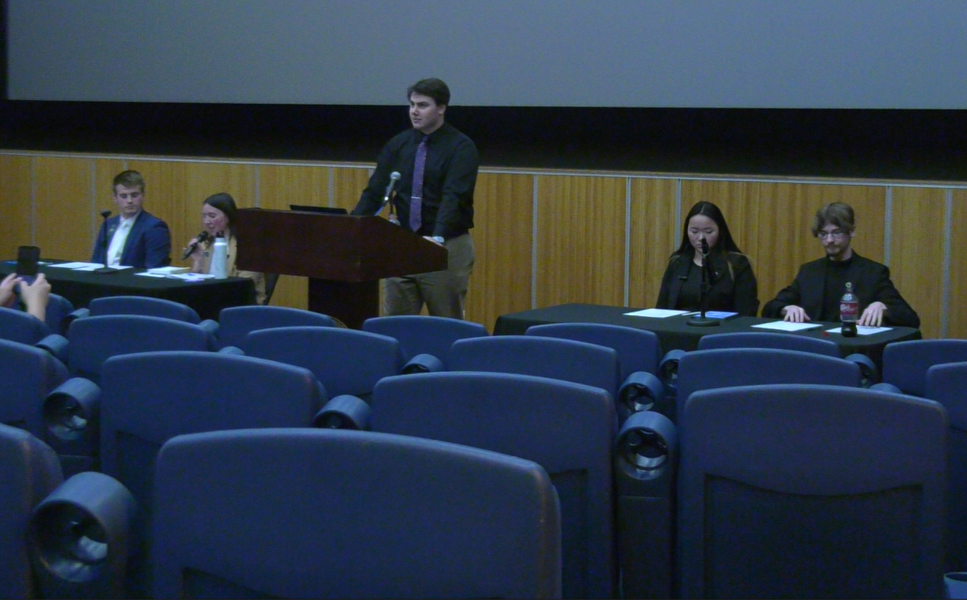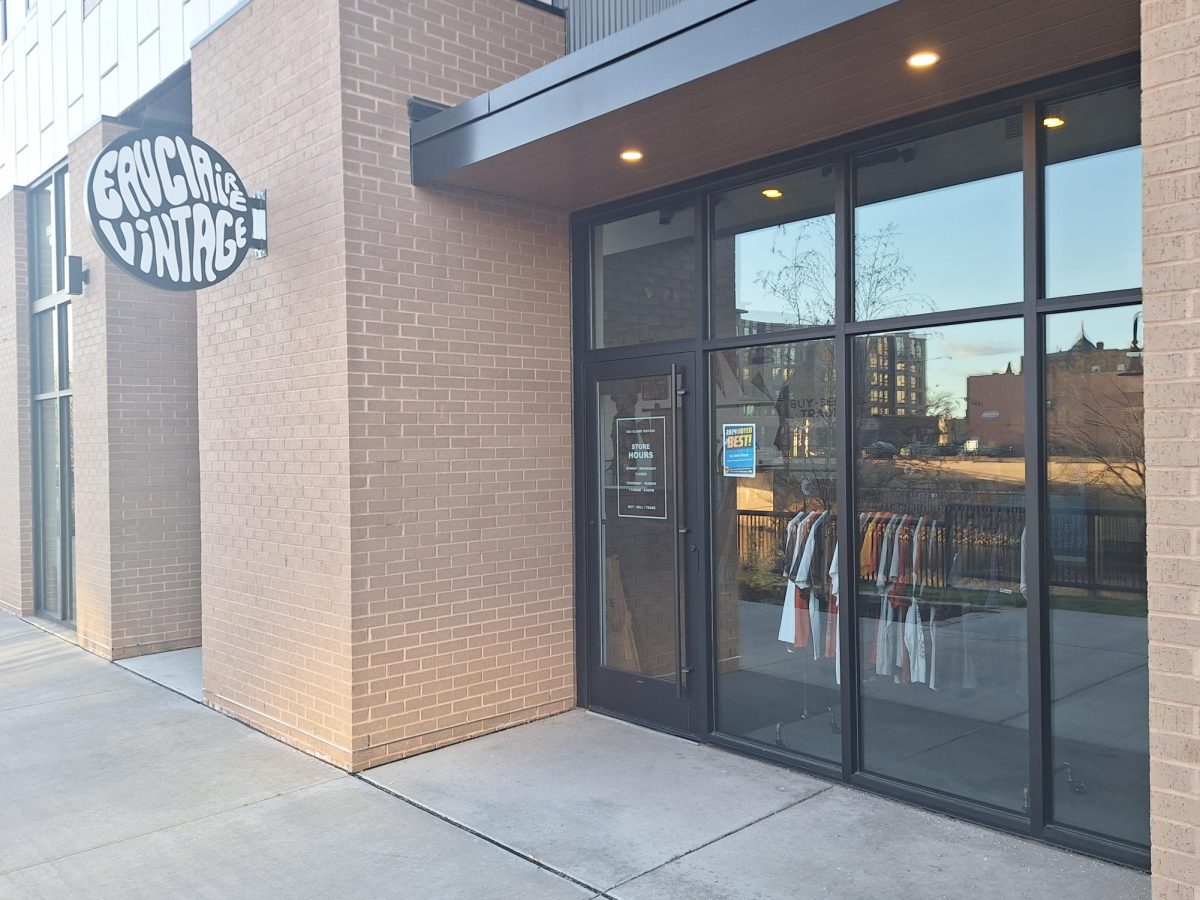Approximately 300 clay bones were molded by a group of UW-Eau Claire social work students in collaboration with “One Million Bones” over the past few weeks.
This organization’s mission is to help raise awareness and funds for countries like Sudan and Burma who are currently being directly affected by genocide.
These molds will then be shipped to Washington D.C. later this month to join the estimated one million other clay bones that were created. There, they will be placed and open for display on the National Mall from June 8-10.
Professor and Chair of the Social Work Department Don Mowry said he first heard of the organization when he attended a counsel and social work meeting in Washington D.C. last fall. He pitched the organization’s idea of molding bones as a possible project opportunity to a couple of his classes near the end of the first semester this year.
“I just thought it would be something our students would be very interested in,” Mowry said. “I’ve known that there have been human trafficking organizations on campus and there’s been a lot of student interest in human rights and social justice and it just seemed like particularly social work majors would be interested.”
Since then, there have been two different occasions where those involved could mold their own clay bones. Now, Mowry said he hopes to install the molds April 24 on the third floor of Davies Center before they need to be sent to Washington D.C. It would be part of the peace forum currently on display there.
Mowry said anyone interested in donating to “One Million Bones” this year can still do so by going to their website onemillionbones.org or care-international.org. Any money donated would go directly to victims of genocide around the world.
Senior Ashley Schleppenbach was one of the students who became involved with the project. She decided to join because genocide is something that hasn’t been covered extensively here on campus.
“(Genocide) is something that people don’t bring to light a lot of times and talk about openly,” Schleppenbach said, “And I loved the idea of using artistic expression to help bring this thing to life and put it out in the open.”
She said the formation of the molds were rather simple. Those involved made any bone of the body they wanted. The only exception was none of them could resemble a dog bone. Schleppenbach said this could be seen as disrespectful to those who have died through genocide.
Once the students were finished with molding their bones, they were sent to Associate Professor of Ceramics Susan O’Brien. Mowry had contacted her near the end of this year’s first semester, after he pitched the idea to his students and asked her for help. She took the molds and burned them using a kiln, something that will keep them preserved.
O’Brien said this year was a good start to what she hopes will be an annual occurrence. Due to the time in which the project was proposed, she said awareness earlier in the year would make this something really university-oriented.
“This was the first attempt at this, it was a lot of learning for everyone involved,” O’Brien said. “I’m thinking it was a great start and should we do it next year, I can see a lot of things that we would do to really get to art department really involved and students all over campus involved with this. It’s very exciting.”

